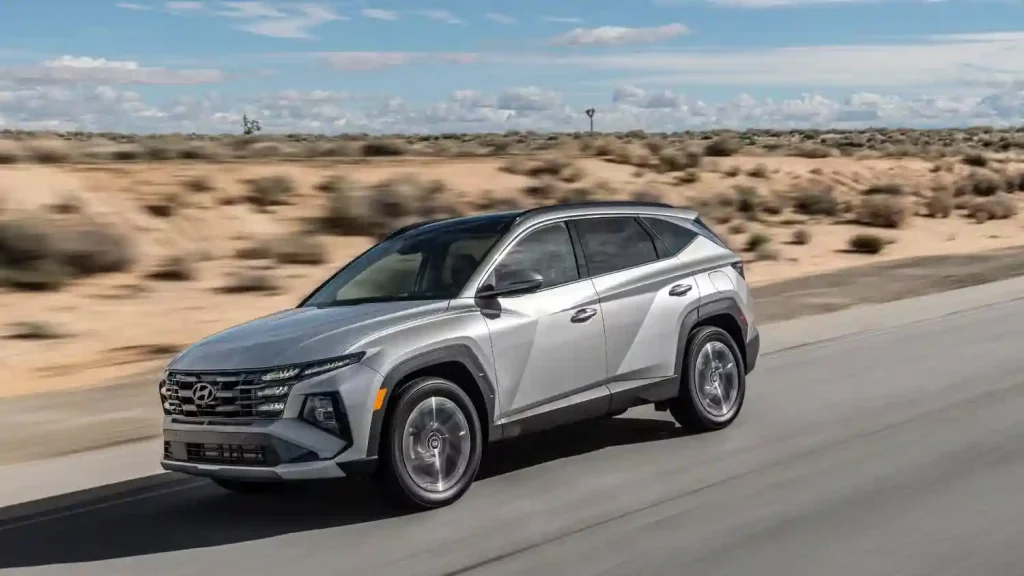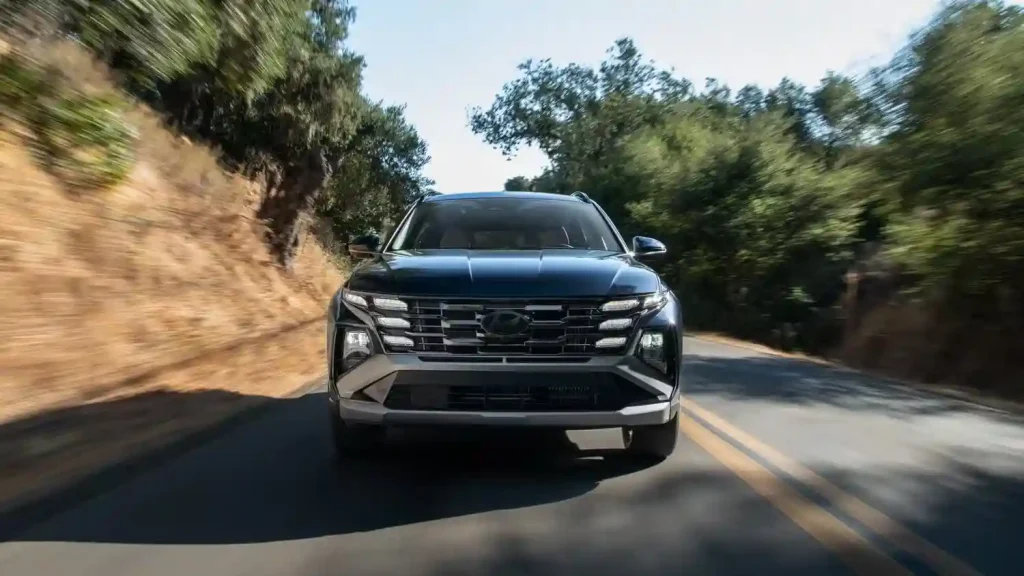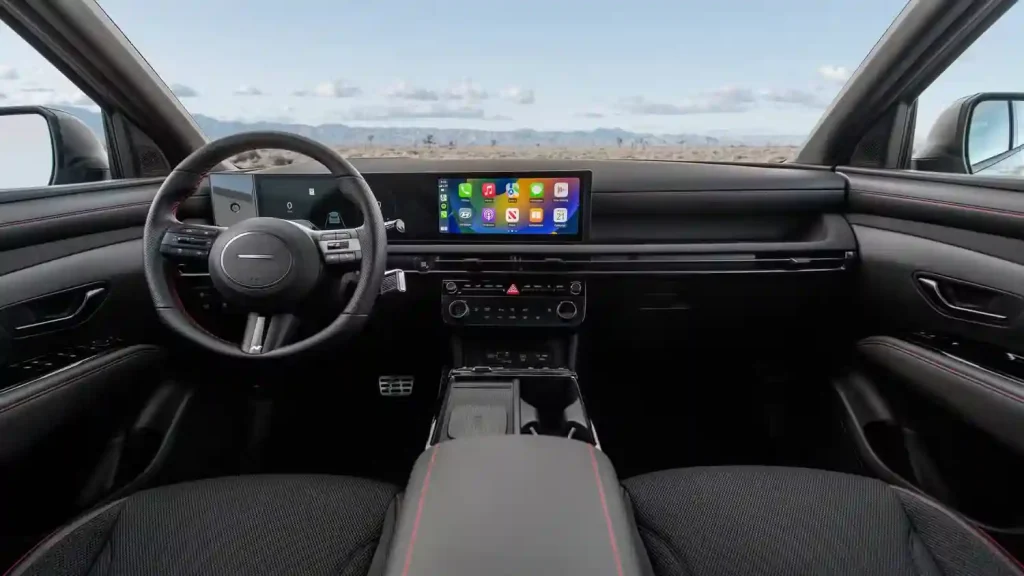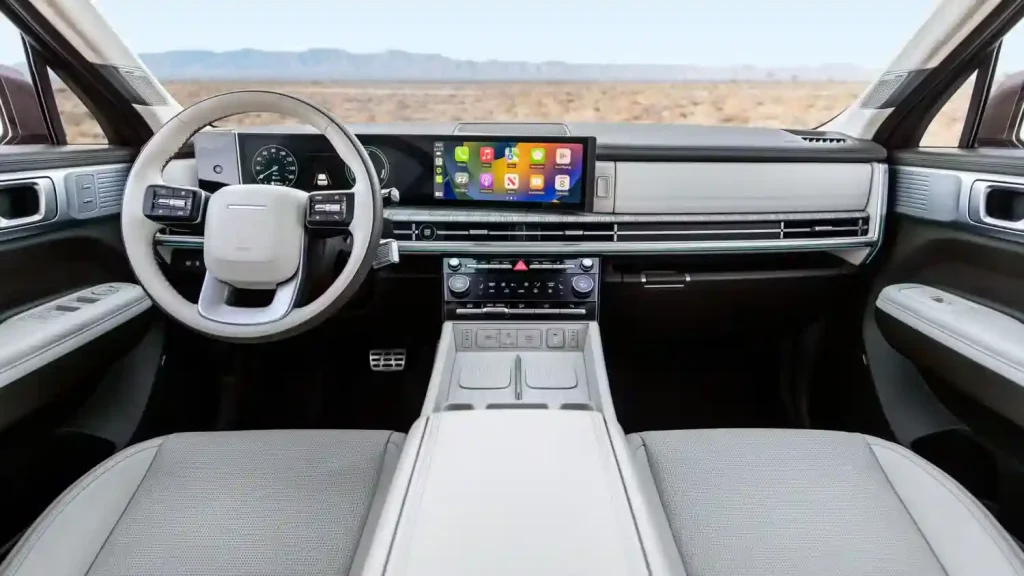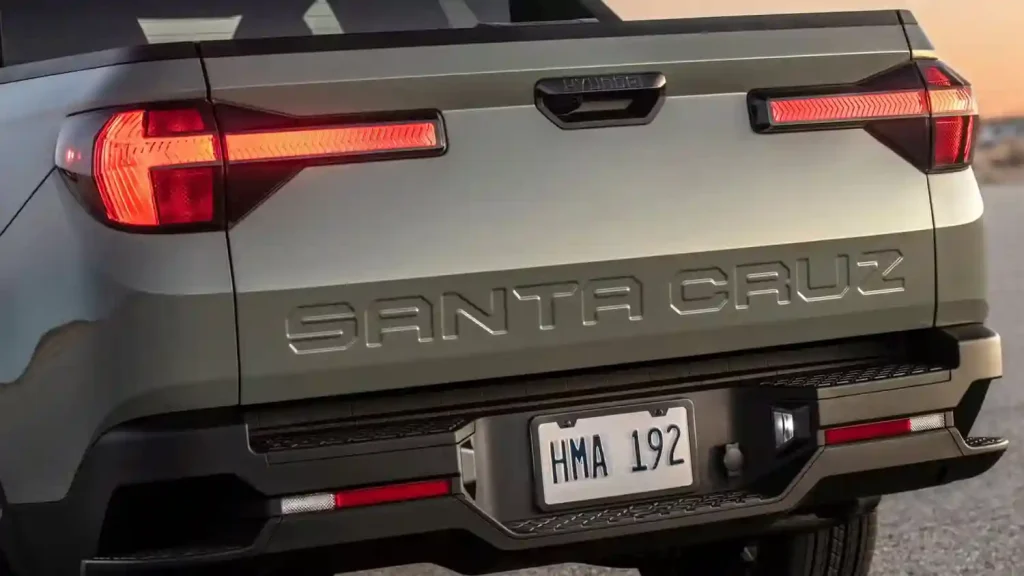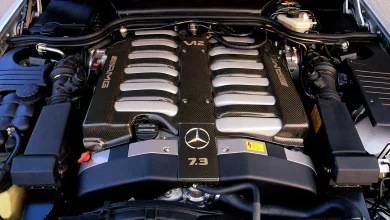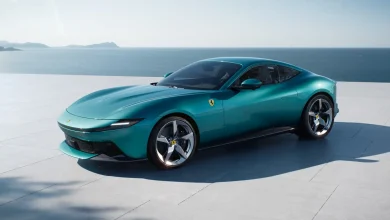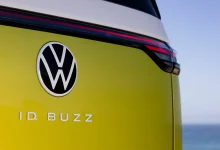Hyundai Announces Price Hikes Effective This Week
Hyundai is one of the first companies to assure customers that it will shield its customers from price hikes due to tariffs.

Hyundai, along with its luxury brand Genesis, is among the first automakers to pledge protection for customers against price increases stemming from the new U.S. government-imposed tariffs. However, that promise comes with an expiration date. Recent reports indicate that the South Korean automaker is already preparing for a price hike, which could take effect as soon as this week.
According to a Bloomberg report citing anonymous sources—due to the information not yet being public—Hyundai plans to implement a 1 percent price increase as early as this week. The adjustment will affect the entire Hyundai lineup in the U.S., meaning models like the Tucson and other H-badged vehicles sold in America will see price hikes. It remains unclear whether vehicles built at Hyundai’s U.S. manufacturing facilities will be exempt from the increase.
Prices Set to Rise Across Hyundai’s U.S. Lineup
While Bloomberg’s report did not specify an exact date for the upcoming price increase, it suggests the adjustment could take effect as early as the first week of June. The price hike will apply only to newly built vehicles, meaning existing inventory at dealerships will remain unaffected. For prospective buyers, this means now may be the ideal time to shop around for in-stock models to secure current pricing before the changes go into effect.
“This period represents our routine annual pricing review, driven by market conditions and consumer demand rather than tariffs,” Hyundai stated. “We remain committed to adapting to changes in supply, demand, and regulations through a flexible pricing approach and carefully targeted incentive programs.”
Additional Increases Expected Beyond MSRP
While a 1 percent price increase may seem modest—and in absolute terms it is—for example, the Hyundai Santa Fe Hybrid, which currently starts at $37,800 before freight, taxes, title, and license fees, would see a $378 bump. However, the report indicates that further cost increases are likely to be passed on through higher shipping fees and optional pre-installed accessories like floor mats and roof rails. This strategy allows Hyundai to limit the rise in the official base MSRP while still covering additional expenses.
It remains uncertain whether other South Korean brands in the U.S.—specifically Kia and Genesis, both part of the Hyundai Motor Group—will follow suit with similar price increases. Meanwhile, several other automakers have already raised prices, including BMW, particularly on its sportier models, and Ford with its smallest pickup truck. Volkswagen, on the other hand, has recently pledged to maintain its current pricing, but only for a limited time.
